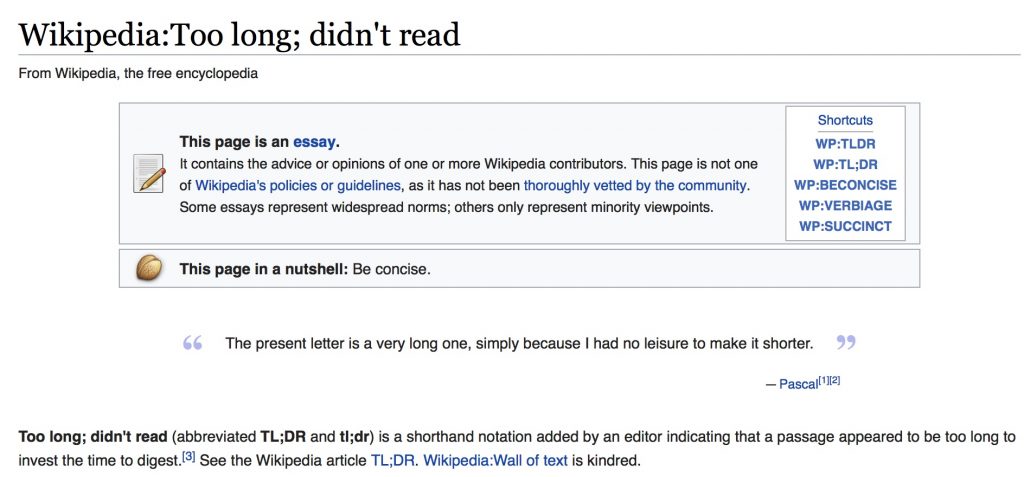“On the Spot” backs members of Culture on the Edge into a corner to talk about their backgrounds, their ongoing work, and what might be gained by an alternative understanding of how identity works.
 1. When people ask you what you study, what do you tell them?
1. When people ask you what you study, what do you tell them?
When asked, I usually say I study the ways in which people talk about something called “religion.” (No, I don’t whip out the scare-quotes…) I frame it this way to shift the conversation away from “Oh, so you want to work in the church?” and (hopefully) to get them to consider what I’m doing when I make that move. Usually, my response prompts them to ask for an explanation. I tell them that my work examines the varying ways in which the category religion is defined and classified and how those definitions are linked to notions of national identity within the U.S. I’m interested in how different understandings of religion are employed, specifically with immigrant groups, in a way to standardize conceptions of religion, or put differently, as a way to Americanize marginalized immigrant groups in the U.S. So rather than studying religion, as one might commonly think, I study how the category of religion is implemented and adapted by scholars of religion and more systemic effects and consequences for both hegemonic understandings of religion and forced assimilation of immigrant groups.
While this is certainly a longer conversation than simplifying our work to “I study history,” I think it’s worthwhile to do. On the one hand, history is no less complicated of a discipline than religious studies, and on the other, our own attempt to set our field apart from more commonly accepted or understood areas of study not only reinforces the idea of religion being set apart and special — i.e., not intertwined with the social, political, etc. — , but also perpetuates the idea that religion is too complex to easily discuss. Thinking about religion through systems of classification and discourse instead of a stable thing that exists in the world, we can approach the study of religion rather differently. Of course, one cannot always get into such an in-depth discussion, but when time allows, it certainly makes for an interesting conversation and helps to get folks thinking about the category of religion in different ways. Continue reading “On the Spot with Andie Alexander”


 Our reactions to events are products, in many ways, of the ways the information about the event has been framed. Despite rhetoric of individual freedom, those who produce information have a huge influence.
Our reactions to events are products, in many ways, of the ways the information about the event has been framed. Despite rhetoric of individual freedom, those who produce information have a huge influence. 